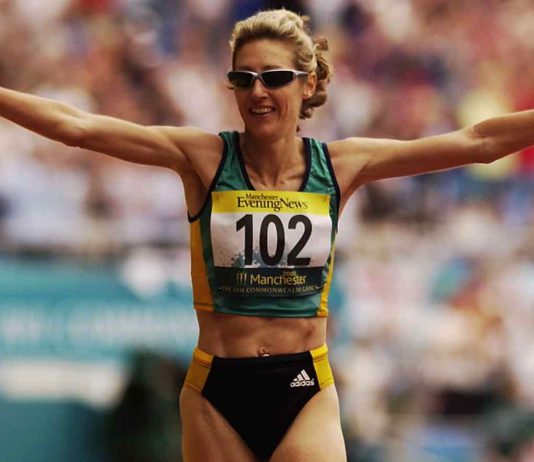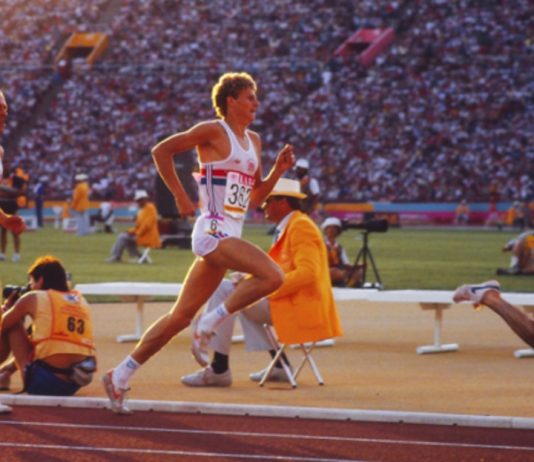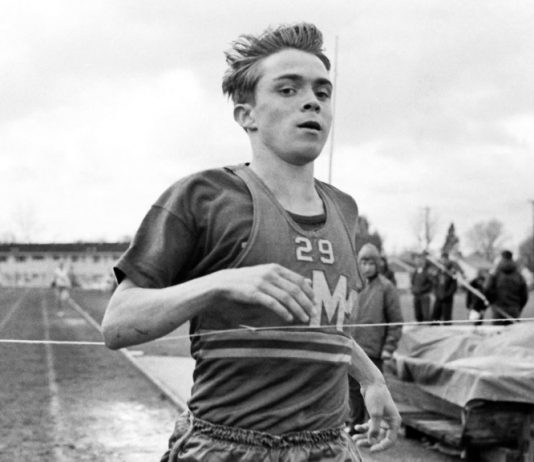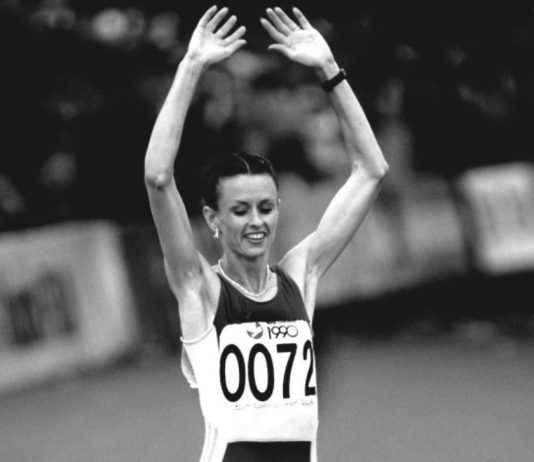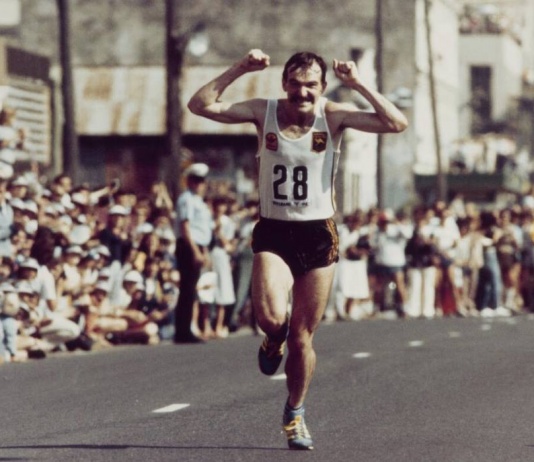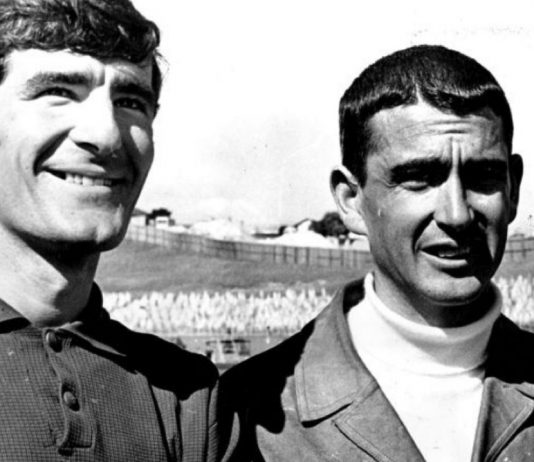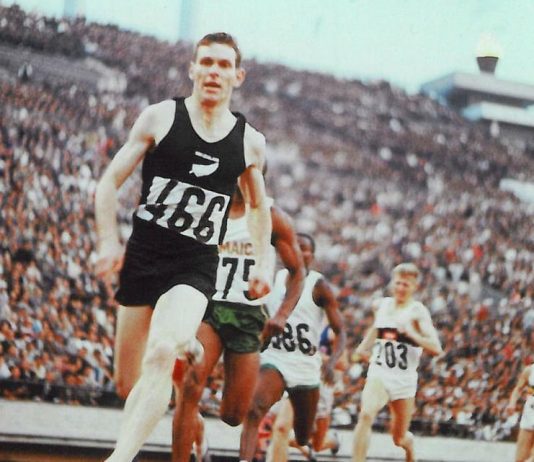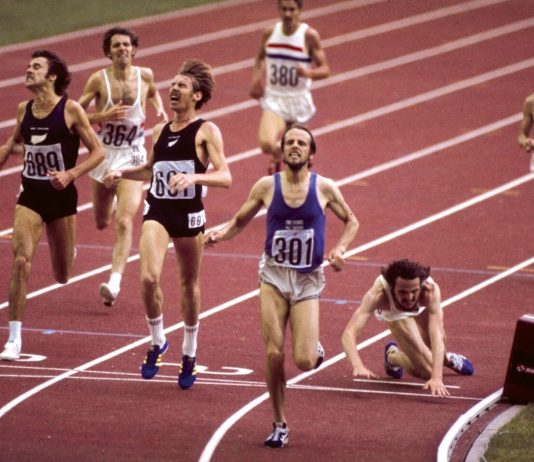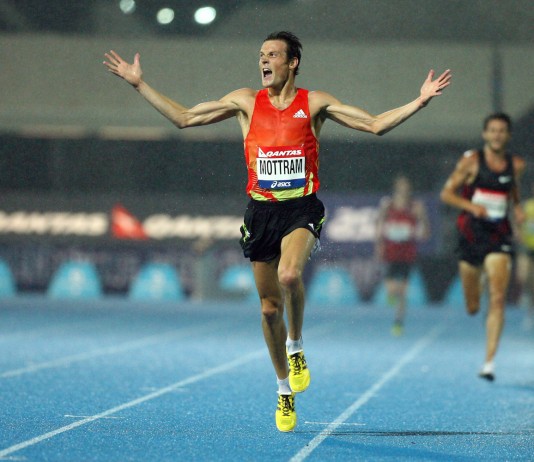Kerryn McCann was best known as a marathoner – but she was one of Australia’s best all-round distance runners.
As Len Johnson states in 'Australian Marathon Stars' - "She didn’t have a mean bone in her body, but she was a fierce competitor who didn’t like to lose."
She was best known for winning the marathon at the 2002 and 2006 Commonwealth Games.
The Training of Steve Cram
© 2017 Runner’s Tribe, all rights reserved.
"Despite what some coaches might say, the majority of past successes were built on a sound endurance background forged by most on the mud and hills of strength-building cross-country events. Bypass this as an integral part of a competitive...
Forty-two years after his death, Steve Prefontaine continues to inspire countless runners around the world who aim to emulate his fierce competitiveness, toughness and fearless front running racing style.
The charismatic Oregonian was such an enigma he was sometimes classed the ‘James Dean of track and field.’ Like his Hollywood counterpart, Pre died in a car crash at just 24 years of age.
All these years later, Pre still remains the most celebrated runner in American history. As Alberto Salazar put it - “He made running cool.”
Runner’s Tribe spent countless hours researching the training behind this American idol, spoke to inside sources, old training partners and those who actually knew Pre, in real life. Below is the most detailed account of Pre’s training ever published.
“There are lots of elements to running a successful marathon and I’ll bet insights into them are woven throughout all of the interviews in this book!” – Lisa Ondieki from Australian Marathon Stars
© 2021 Runner’s Tribe, all rights reserved.
Lisa Ondieki certainly rates as Australia’s top female marathoner, her...
Training of Robert de Castella
"To break the (Australian) record requires an athlete with a number of very specific attributes. Firstly, they need to have the right physiology and ability. Secondly, they need to avoid injuries. And thirdly, they need to be tough and committed enough to go overseas and...
© 2020 Runner’s Tribe, all rights reserved.
“A lot of people thought I was crazy with the training that I undertook, and maybe I was.” - Derek Clayton
In 2017 Runner’s Tribe published a book referred to as ‘The Bible of Australian Marathon Running’. This 347-page paperback publication interviews Australia’s...
This article was written with the help from Snell's classic book, NO BUGLES NO DRUMS
Profile
Snell won three Olympic gold medals during his career, including winning both the 800 and 1500 metres at the 1964 Tokyo Olympics.
Born: 17 December 1938, Opunake, New Zealand
Died: 12 December 2019, Dallas, Texas,...
Lasse Viren: Legends of Athletics Key Sessions
50 x 100 meters all-out
By Mark Tucker - Runner's Tribe
Quietly spoken and introverted off the track, Lasse Viren turned into a mighty warrior on it, becoming one of the most successful Olympians of all-time. A dual 5000m, 10,000m gold medallist in both the 1972...
Lisa Ondieki ran her first marathon in December, 1983 at the Rocket City Marathon in Huntsville, Alabama, and it would be fair to say that her career took off like a rocket.
Within 12 months, Ondieki, then Lisa Martin, was an Olympic seventh placegetter, the Australian record holder with first, a 2:29:03 at the Los Angeles Olympic Games, and then, a 2:27:40 in Chicago and embarked on a career which saw her become Australia’s only Olympic marathon medallist, a dual Commonwealth Games champion and, for a long time, holder of the ‘world record’ for a women’s race on an out-and-back or loop course.
Working towards a 10,000m race and wish to know what your training ‘race pace’ should be, or what time you think you are capable of? Read on…



